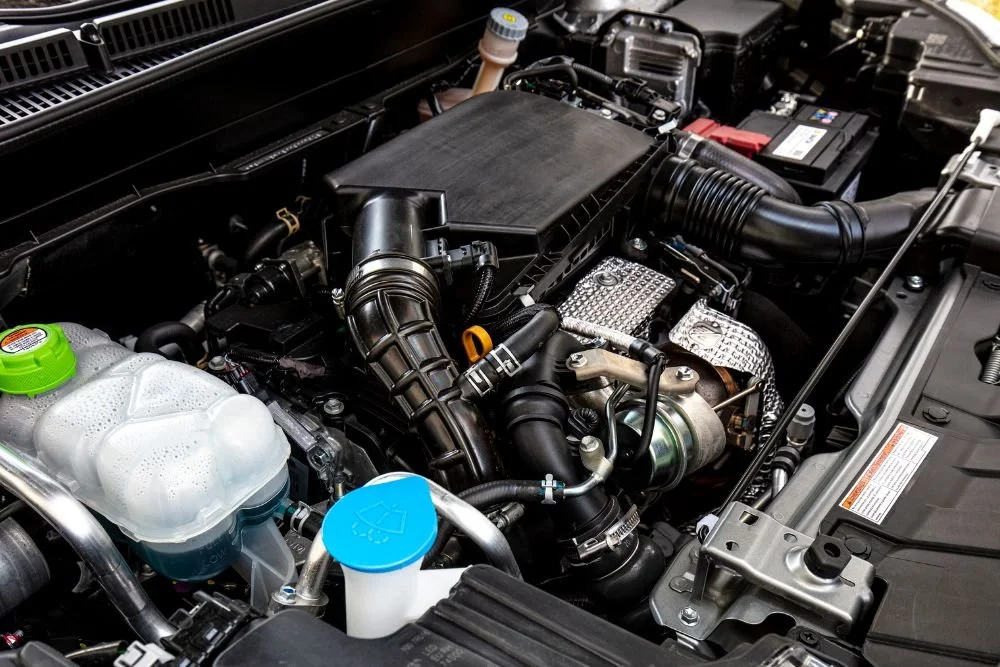Understanding Engines: A Guide for Auto Repair Customers
The engine is the beating heart of your vehicle, and understanding how it works is crucial for any car owner, especially if you need repairs or maintenance. We'll review the basics of engines and give you an overview of how they function.An engine is a complex piece of machinery that converts fuel into energy. The fuel is injected into the engine and mixed with air, then ignited by a spark plug, resulting in a controlled explosion that drives the pistons up and down. The pistons are attached to a crankshaft, which converts the motion of the pistons into rotational energy that can be used to power the car's wheels.There are two main types of engines: gasoline and diesel engines. Gasoline engines are more common in smaller vehicles and work by using a spark to ignite a mixture of fuel and air. Diesel engines are found in larger vehicles and rely on compressing the mixture of fuel and air until it ignites.Engines also come in different sizes, referred to as displacement, which is measured in liters. Generally, a bigger engine will provide more power but also use more fuel. Knowing your engine's displacement is essential, as it can affect your car's performance and fuel economy.Regular maintenance is essential for keeping your car's engine running smoothly. This includes frequent oil changes, lubricating the engine's moving parts and preventing wear and tear. It's also important to regularly check your engine's fluids, including coolant and brake fluid, to ensure they're at the proper levels.Understanding engines is crucial for any car owner, especially if you're experiencing issues with your vehicle. By knowing the basics of your engine's work, you'll be better equipped to communicate with your mechanic and make informed decisions about repairs and maintenance. Keep up with regular maintenance to keep your engine in top shape and avoid costly repairs.

